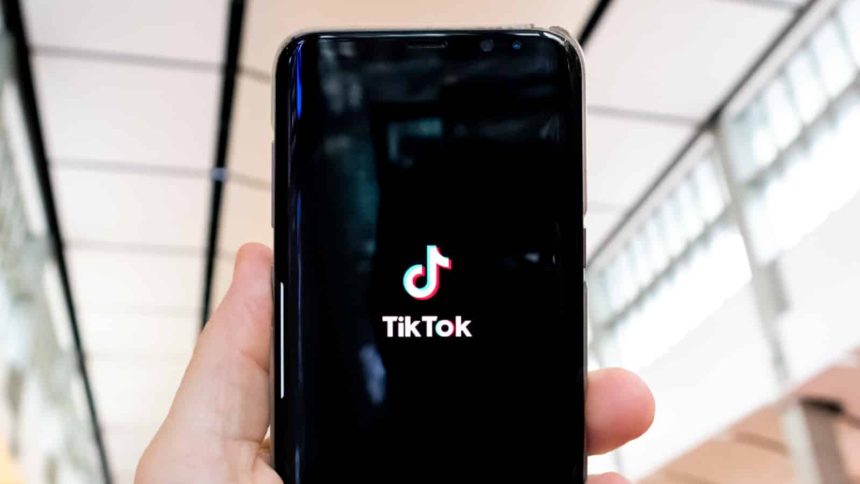Short-form video has reshaped how people consume content online, and a new report from the American Psychological Association now directly connects that format with notable declines in mental health.
The study draws on data from 98,299 participants across 71 separate papers to examine how TikTok, Instagram Reels, YouTube Shorts, and similar platforms affect viewers across different age groups.
Previous research centered almost entirely on TikTok, but since short-form video is now embedded across every major platform, the authors broadened the scope to measure effects that extend beyond any single app.
The study analyzes user engagement patterns and assesses a range of cognitive and mental health indicators. Researchers also compared outcomes between youths and adults to better understand how different age groups respond to rapid-fire video feeds.
Study finds TikTok & Instagram “rots” your brain
According to the report, heavy short-form video consumption is linked to diminished cognitive function, particularly attention control and inhibitory control. Both younger and older participants who consumed higher volumes of short videos showed poorer attention spans overall.
To explain how these patterns form, researchers point to the dual theory of habituation and sensitization from Groves and Thompson’s 1970 work on cognitive processing. The study notes that constant exposure to fast, highly stimulating clips can desensitize the brain to slower tasks like reading or problem solving. At the same time, algorithmically delivered rewards may reinforce impulsive engagement and instant gratification.
The report says this form of consumption stimulates the brain’s reward system and can encourage habitual use. Excessive short-form video viewing is also associated with social isolation, lower life satisfaction, poorer sleep, increased anxiety, and loneliness. The authors add that more work is needed on how this content affects self-esteem and body image.
Researchers also developed an assessment scale for short-form video addiction, designed to help future studies measure dependency on these platforms.
The authors conclude that short-form videos’ widespread presence makes it critical to understand their impact on cognitive health and behavior. They note that the findings establish a foundation for future research into how these platforms influence daily life.
People aren’t the only things that can get “brain rot” from scrolling the internet all day, either, as a study back in October revealed that even AI chatbots like ChatGPT can suffer from it.













